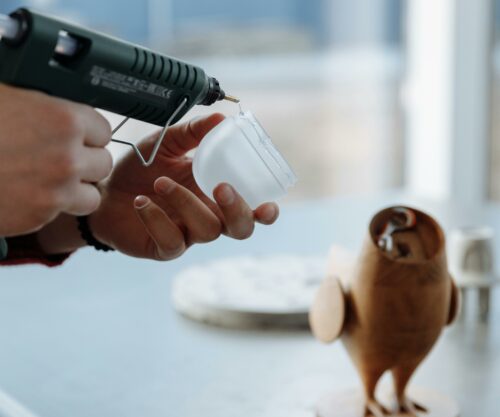
So many conspiracy theories, some don’t even have anything to do with culture or tradition, they’re just random made up stories.
Sometimes you don’t even want to see something happen to you as you do not believe in the conspiracy theory, however, sometimes we get the urge to test the theory out.
Maybe we should take a look at why people believe in conspiracy theories in the first place.
According to Karen Douglas, PhD, of the University of Kent in the United Kingdom, a conspiracy theory can normally be defined as a proposed plot carried out in secret, usually by a powerful group of people who have some kind of sinister goal. So something to gain from what they’re doing and they usually don’t have people’s best interests at heart. Usually, their own interests at heart.”
In addition, we don’t necessarily want to trust everybody and trust everything that’s happening around us. And so they have always been with us and to some extent, people are all, I guess you could call everybody a conspiracy theorist if you want to use that term at one point or another.
However, according to Psych Central, a conspiracy theory is an idea that a group of people is working together in secret to accomplish evil goals. For example, you sell a product and you sell it so much that people believe it’s what they need or it’s good for them.
Whenever you’re about to believe a conspiracy theory, remember every story told there has to be evidence and facts.
Conspiracy theory experts at Psych Central share cognitive styles and personality traits that might be common among people who believe in them, according to a study made in 2018.
Personality traits and characteristics based on the study are:
- Paranoid or suspicious thinking
- Eccentricity
- Low trust in others
- Stronger need to feel special
- Belief in the world as a dangerous place
- Seeing meaningful patterns where none exist
Also see: Daily activities that may increase your happy hormones




